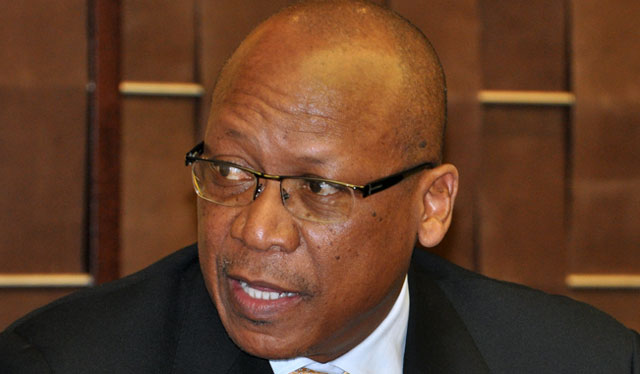
The South African market has continued to be “challenging” for MTN as a result of what the telecommunications group calls “regulatory and competitive actions”.
In a quarterly update for the three months ended 30 September 2013, the group’s CEO, Sifiso Dabengwa, says subscriber growth was slower than expected in South Africa. As a result, it says it now expects to add only 500 000 subscribers this year, from 800 000 when it issued its second quarter update for the period ended June 2013.
Between the second quarter and third quarter, MTN South Africa added only 234 000 customers, representing growth of less than 1%. Year-on-year subscriber growth was 3%.
The local operation achieved “some progress after a challenging first half” after it lost subscriber market share to rivals. The company is known to have lost market share to smaller competitor Cell C, in particular.
“MTN South Africa showed some progress after a challenging first half but we expect conditions to remain challenging for the balance of 2013,” the group says.
The prepaid segment grew its subscriber base marginally, gaining some traction through a revised MTN Zone offering and the launch of a competitive international calling campaign, it says. Prepaid average revenue per user (Arpu) rose by 1,9% to R106,06 over the previous quarter.
The post-paid segment delivered a “satisfactory performance driven by segmented marketing campaigns and attractive classic and hybrid packages”. However, Arpu fell by 2,4% to R215,55 from June. Annual post-paid Arpu fell by almost 11%; the annual decline in prepaid Arpu was higher at 15,8%.
Revenue growth declined over last year, mainly due to lower effective voice tariffs and slower subscriber growth. Data is the largest contributor to revenue growth, showing an increase of 16,6% year on year. Data users increased to 13,9m.
Overall, the group’s customer base in the 22 markets in Africa and the Middle East in which it operates grew by 1,1% quarter on quarter to reach 203,8m. Growth over a year ago was stronger at 11,5%.
Sequential quarterly growth in subscriber numbers in Nigeria, MTN’s biggest market, was also pedestrian, at just 0,6%, reaching 55,6m from 55,3m at the end of June thanks to disconnections because of a Sim-card registration process. However, the Nigerian business reported “good” local currency revenue growth for the quarter up by 10,4% year on year, but lagging annual subscriber growth of 21,8%.
Growth at MTN’s third big operation, MTN Irancell, was disappointed, with subscriber numbers falling by 1,7% quarter on quarter due to a “weakening economy in a fully penetrated market and increased promotional activities by the competitor”.
On the bright side, group data revenue growth continued to be strong, up by 34,7% over last year. Also, there has been “encouraging progress” in mobile money services, with total registered subscribers at 13,4m at the end of September.
“Data and mobile money remain a key focus for the group with traditional voice revenue under pressure,” says Dabengwa. — (c) 2013 NewsCentral Media




